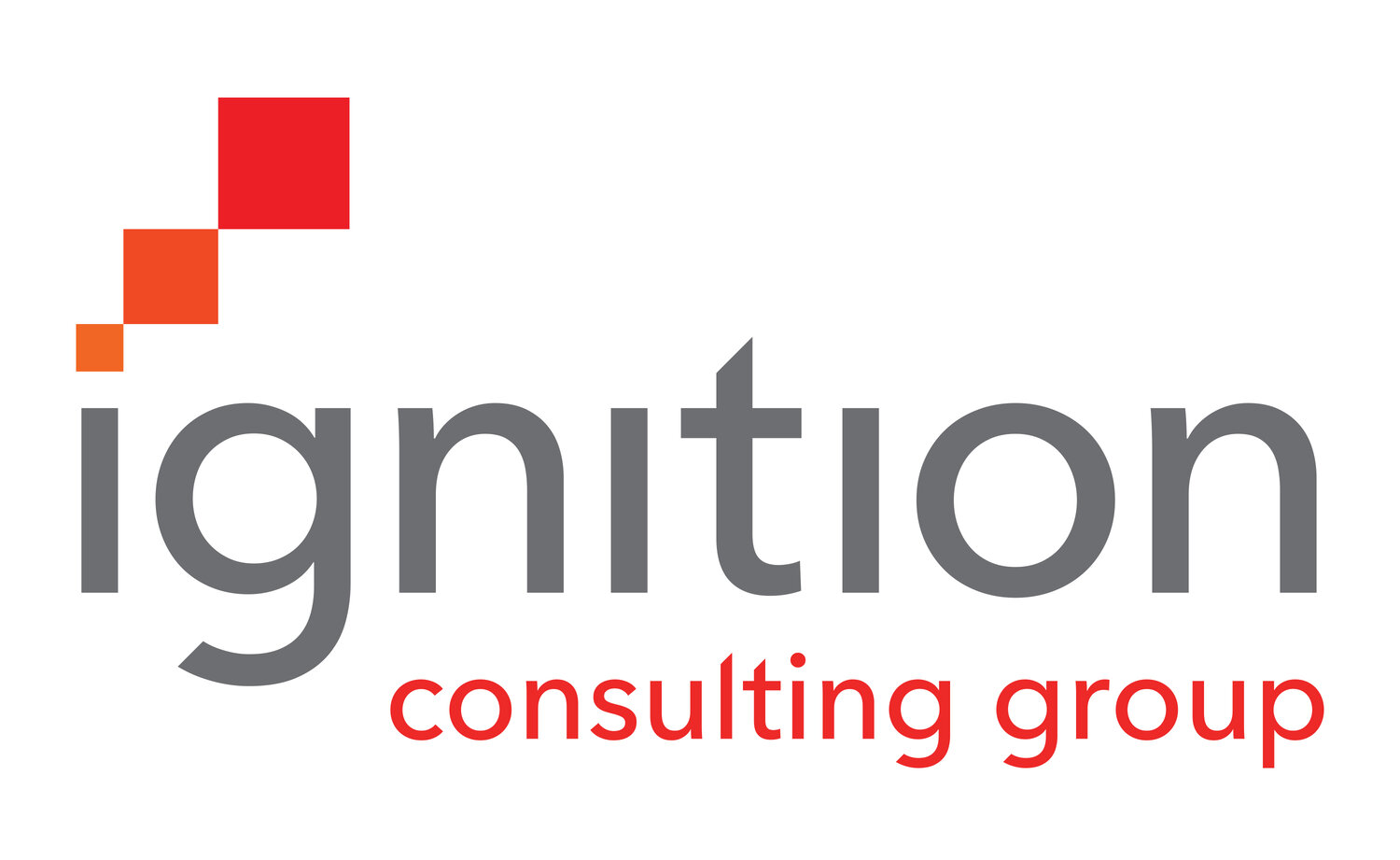The Relentless Pursuit of “Full Service” Will Drain Your Life of Meaning
By Tim Williams
Is agency growth always a good thing? The answer is not as obvious as it seems. While growth usually looks good on an income statement, growth also creates complexity. As your firm continues to expand and add services, your business model becomes more complex, and agency services become more expensive to deliver consistently.
In professional services, instead of creating economies of scale, growth actually produces diseconomies of scale. Because they’re the people business, not the manufacturing business, swift growth actually makes it more challenging for firms to keep up with the daily demands of clients. In a labor-based business, adding revenue means adding staff — and overhead. How many professional service firms achieve twice the efficiencies with twice as many associates?
As they grow, agencies also have the perpetual tendency to add more services, becoming more “generalized” and less specialized. When agencies reach this point of over-diversification, they run head-on into these “diseconomies” of scale. This is especially true if you are a “full service” firm, because it always costs more to serve the needs of a broad client base than it does a focused market.
Imagine “complexity tax” as a line item on your income statement, right above “income tax.” The more diversified your firm, the more complexity tax you pay. While you may not be able to do much about your income tax rate, you can certainly lower your complexity tax.
No such thing as “end-to-end”
In the age of disintermediation, no firm that plays on a national stage can claim to be a monolithic stand-alone resource for its clients. Rather, the best professional service firms are part of an increasingly complex and interdependent ecosystem of specialized solutions providers.
Describing your firm as “full service” (as most unfortunately do) is not only inaccurate, it also unwittingly repels prospective clients. Clients do not want or buy “a wide range of experience;” they want experience in their industry. Your claim of “full service” inspires incredulity, not interest. No firm — no matter how big — can claim to offer every kind of service to every kind of client.
Furthermore, the use of this term does absolutely nothing to differentiate and distinguish your firm from the thousands of other firms who make the same exact claim. How many professional firms do you know that don’t say “full service” somewhere on their website? Contemporaneous substitutes include “full funnel” and “end-to-end,” which are only more modern ways of saying the same pointless thing.
Partial service?
Why do so many well-meaning professionals fall into the “full service” trap? Perhaps they’re worried prospective clients will assume their firm offers only “partial service?” It's a nonsensical waste of words.
If by “full service” you really mean “good service,” then say so — only in more colorful and distinctive language. If you intend “full service” to mean “every service,” you’re being unrealistic about what your firm can do well. You can be good at something, but you can’t be good at everything.
Some firms use the term in an effort to promise “full service” thinking; meaning they tackle client problems in a holistic way, unconstrained by the fact they have myriad individual disciplines. This type of collaborative, multidisciplinary approach is actually highly valued by clients — and a worthy competency to cultivate — but there are much better ways to describe it than using the tired, shop-worn descriptor “full service.”
More Is not better; only better is better
Smart marketers are in pursuit of best-in-class partners, not jacks-of-all trades. An article in the trade press quotes a brand executive as saying: “I wish sometimes that the agencies would stick to what they are good at. They try to do everything, and they would be better served to narrow their focus. You can’t do everything, and if you try to do everything, you do nothing … It drives me crazy when the agency is trying to pitch you every single service available.” In other words, smart clients don’t buy your full-service sales pitch.
Yet advertising agency professionals persist in employing new business strategies that offer a “wide range of services, marketed to a broad spectrum of customers.” Part of their sales pitch is telling prospective clients that their firm is not “steeped in the conventions of the category” and can therefore provide “fresh, unfettered thinking.” But an agency arguing to a manufacturer of jet engines that “We’re not tainted by prior experience in the aviation category” is like a law firm arguing that they’re not tainted by an understanding of divorce law to a client seeking an end to her marriage. Agency professionals lose sight of the fact that clients hire them not for what they do, but for what they know about the client’s specific category, market, and audience.
Being the best in the world
The lessons of over-diversification have been learned repeatedly by companies in almost every sector. It’s usually the pressure to “scale” that leads them down this precipitous path, believing the more products and services they offer the more customers they’ll attract.
But the question you and your colleagues should be asking is this: “In which area can we be the best in the world?” Instead of adding yet one more voice to the ubiquitous “full service” chorus, how can you calibrate your competencies to essentially be in a category of one?
Developing a strategic focus isn’t easy — in large part because it involves deciding what not to do and what to give up — but the first step on that path is a simple one: stop using the claim and language of full service.


